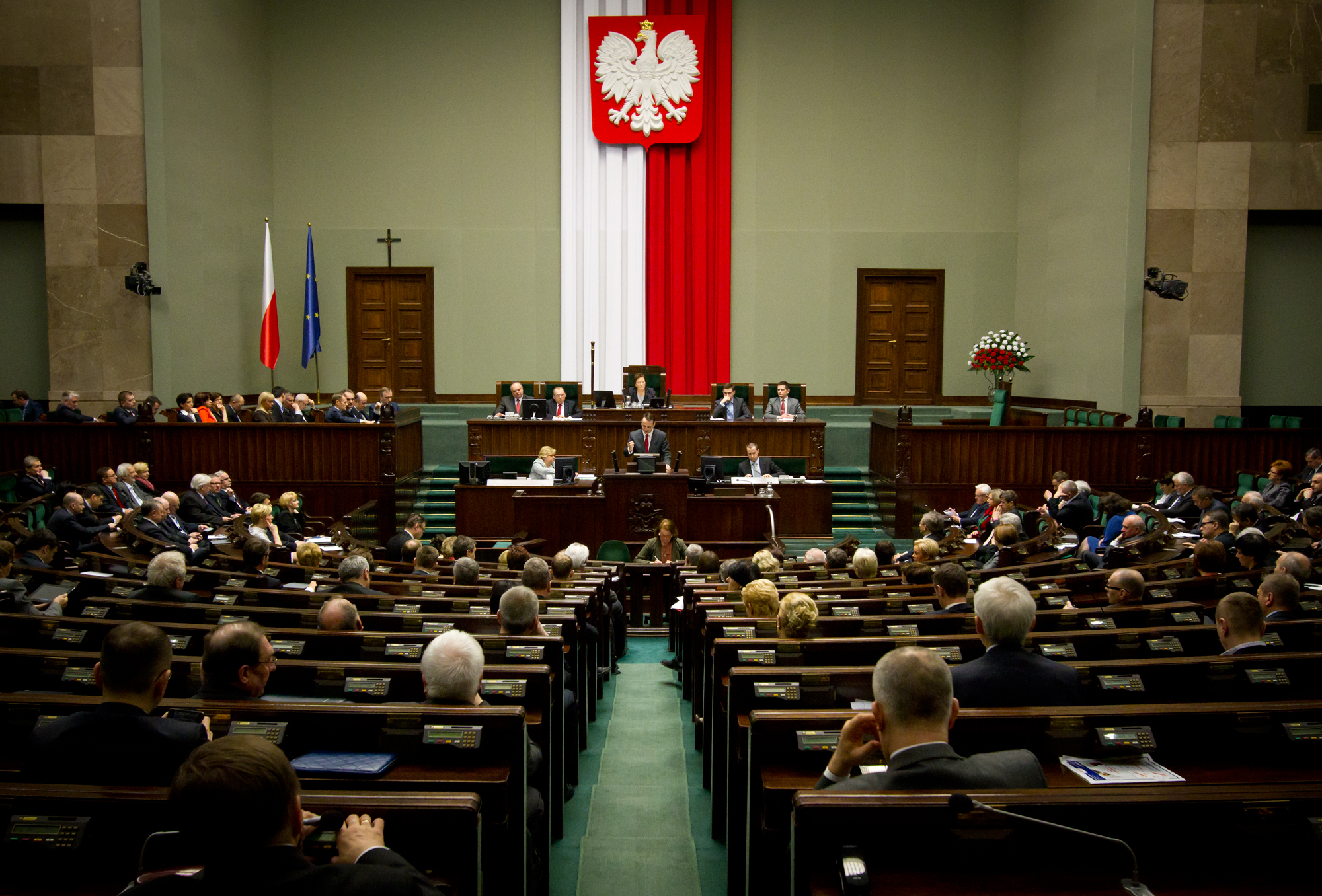Libya Faces Crisis: Prime Minister's Vow To Curb Militia Power

Table of Contents
Libya remains mired in a deep and multifaceted crisis, largely defined by the pervasive influence of powerful militias. The country's fragile government struggles to assert its authority, leaving its citizens vulnerable to widespread violence and instability. The current Prime Minister's vow to curb the power of these armed groups represents a monumental undertaking, with significant implications for Libya's future stability and the well-being of its people. This article will delve into the complexities of Libya's security situation, examine the Prime Minister's proposed plan, and assess the crucial role of the international community in resolving this protracted crisis.
The Current Security Situation in Libya
The current security situation in Libya is precarious, characterized by the widespread influence of numerous militias operating with considerable autonomy. These armed groups, often fractured along tribal, regional, or ideological lines, control various regions of the country, frequently clashing and undermining the authority of the central government. This has led to a climate of lawlessness, with rampant violence, kidnappings, and disruptions to essential services.
-
Widespread Militia Influence: Militias like the Zintan militia in the west and those aligned with Khalifa Haftar in the east control key infrastructure and resources, hindering the government's ability to govern effectively. Smaller, more localized militias also exert influence, often exploiting the power vacuum to pursue their own agendas. Reliable statistics on militia-related violence are difficult to obtain due to the chaotic nature of the conflict, but reports consistently point to a high level of instability and insecurity.
-
The Weakness of Central Authority: The Libyan government struggles to assert effective control due to a lack of a unified national army, weak police forces, and deeply entrenched political divisions. Past attempts at disarmament and reconciliation have largely failed, often hampered by mistrust between factions, a lack of resources, and the absence of a strong political will to address the root causes of the conflict. This has fostered a culture of impunity, where militia leaders frequently operate outside the bounds of the law.
The Prime Minister's Plan to Disarm Militias
The Prime Minister has outlined a comprehensive plan to tackle the militia problem, incorporating both hard and soft power approaches. This strategy aims to gradually diminish the influence of armed groups through a combination of integration, incentivization, and targeted action against those who refuse to cooperate.
-
Key Aspects of the Proposed Strategy: The plan involves a phased approach, prioritizing regions with the highest levels of violence. It includes attempts to integrate willing militia members into a newly restructured national army and police force, along with financial incentives and amnesty programs for those who disarm voluntarily. Simultaneously, the plan acknowledges the need for targeted operations against particularly violent and recalcitrant groups. International partners are crucial in supporting this effort, providing logistical, financial, and training resources.
-
Potential Challenges and Obstacles: The success of the Prime Minister's plan hinges on many factors. Militias are unlikely to disarm without significant pressure and incentives, and internal opposition within the government, as well as mistrust among rival factions, could significantly hinder progress. External interference from regional powers and foreign actors also presents a considerable obstacle.
International Community's Role in Stabilizing Libya
The international community plays a vital role in helping Libya overcome this crisis. The UN, through UNSMIL, is actively involved in mediating peace talks, supporting the political process, and facilitating humanitarian aid. However, effective intervention requires sustained support and coordination among various international actors.
-
UN Support and Mediation Efforts: The UN has issued numerous resolutions calling for the disarmament of militias and the establishment of a stable and inclusive government in Libya. UNSMIL facilitates dialogue between conflicting parties, and provides technical and logistical support to help rebuild state institutions. However, the success of these efforts depends on the commitment of the international community and the willingness of Libyan stakeholders to engage constructively.
-
Support from Neighboring Countries and International Actors: Neighboring countries, such as Egypt, Tunisia, and Algeria, have a significant stake in Libya's stability and can play a crucial role in influencing local militias. International partners, including the EU and other nations, provide financial and technical assistance to strengthen state institutions, promote economic development, and support reconciliation efforts. However, the impact of international aid is dependent on good governance and effective implementation by the Libyan government.
The Path Forward for Libya: Overcoming the Militia Crisis
Successfully addressing Libya's militia problem requires a concerted and sustained effort from the Libyan government, the international community, and regional actors. The Prime Minister’s plan represents a vital step in confronting this challenge, but lasting success hinges on overcoming considerable hurdles. Continuous international support, including financial aid, diplomatic pressure, and robust mediation efforts, is crucial. Long-term solutions, including reforming security sector institutions, promoting inclusive governance, and fostering sustainable economic development are key to preventing a relapse into conflict and ensuring a stable and peaceful future for Libya. The continued attention and commitment of the international community is paramount in supporting Libya's journey toward overcoming this complex crisis and curbing the power of uncontrolled militias.

Featured Posts
-
 Mets Vs Blue Jays Queens Series Preview
May 19, 2025
Mets Vs Blue Jays Queens Series Preview
May 19, 2025 -
 Upcoming Polish Presidential Vote Key Issues And Potential Outcomes
May 19, 2025
Upcoming Polish Presidential Vote Key Issues And Potential Outcomes
May 19, 2025 -
 Nl East Shakeup Braves Even Record Improve Standings
May 19, 2025
Nl East Shakeup Braves Even Record Improve Standings
May 19, 2025 -
 Im Sad Tony Todds Final Destination Bloodline Role And Why I M Still Smiling
May 19, 2025
Im Sad Tony Todds Final Destination Bloodline Role And Why I M Still Smiling
May 19, 2025 -
 Eurovision 2025 How Long Is The Contest And When Does It Finish
May 19, 2025
Eurovision 2025 How Long Is The Contest And When Does It Finish
May 19, 2025
